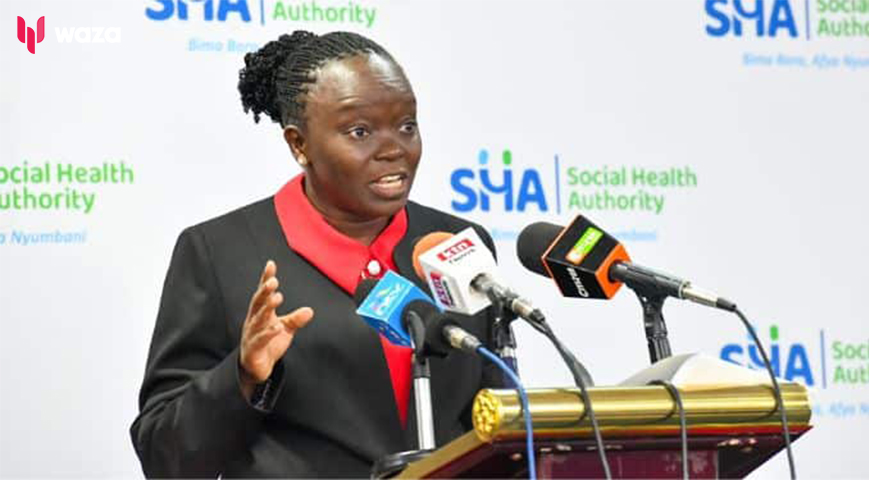The transition to the Social Health Insurance Fund (SHIF) has sparked widespread opposition from Kenyans, who argue the government failed to involve the public in its creation. Adding to the concerns, the Council of Governors (COG) has accused the national government of sidelining them in the program's implementation.
Tharaka Nithi Governor Muthomi Njuki, chair of the COG Health Committee, noted that no counties had signed an Intergovernmental Participatory Agreement (IPA) with the program’s authority, even though most healthcare facilities are managed by counties.

Speaking during the COG’s quarterly meeting in Naivasha, he highlighted that numerous health facilities remain unregistered, which raises alarm for patients, especially those with chronic illnesses, as they currently lack medical coverage after the National Health Insurance Fund (NHIF) was halted on September 30, 2024.
Governor Njuki called on the Treasury to boost funding for the transition, which has faced hurdles like insufficient devices for registering new members. In response, Public Health Principal Secretary Harry Kimutai reassured the governors that the government was in the process of acquiring an additional 65,000 registration devices for public health facilities.
Did you read this?
He acknowledged the registration challenges and mentioned ongoing discussions with stakeholders, including the COG, to address the issues. Kimutai also assured patients with chronic conditions who were previously covered under NHIF that they would be included in the new SHIF.

The ministry is also set to audit the Ksh.30 billion that NHIF allegedly owes counties, and Ksh.1 billion has already been released to KEMSA for the purchase of vital medical supplies. Under the new system, patients will have three months to make payments via a paybill number before transitioning to the eCitizen platform.
SHA CEO Elijah Wachira reported that despite the challenges, over 12.5 million people had registered in just two days, with 9 million NHIF members transferred to SHIF. He described the transition as 85% successful, attributing delays in registration to the large number of Kenyans eager to join the new scheme.
Meanwhile, Rosylene Omollo, Chair of the CEC Health Caucus, questioned the implementation timeline of the new program. Her concerns were echoed by Nandi County counterpart Ruth Koech, who highlighted the unresolved issue of the Ksh.30 billion owed to counties by the now-defunct NHIF.









